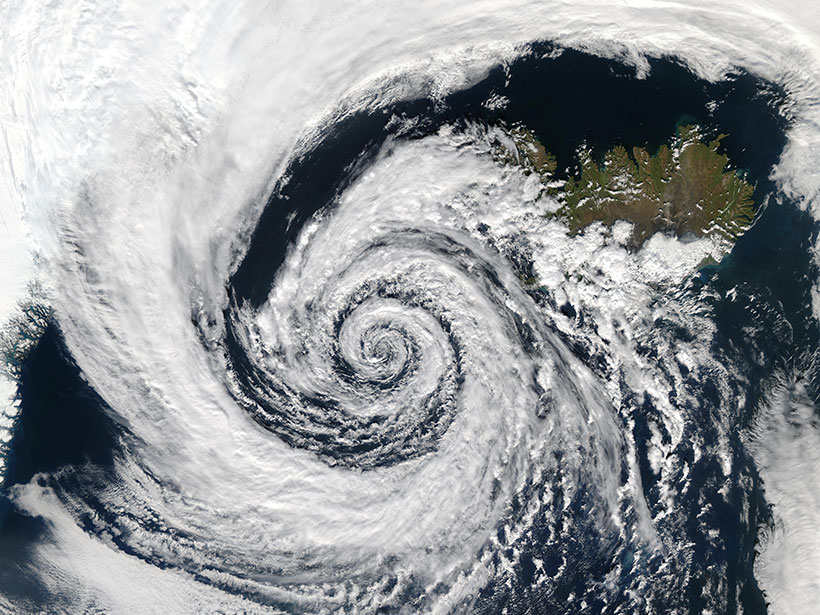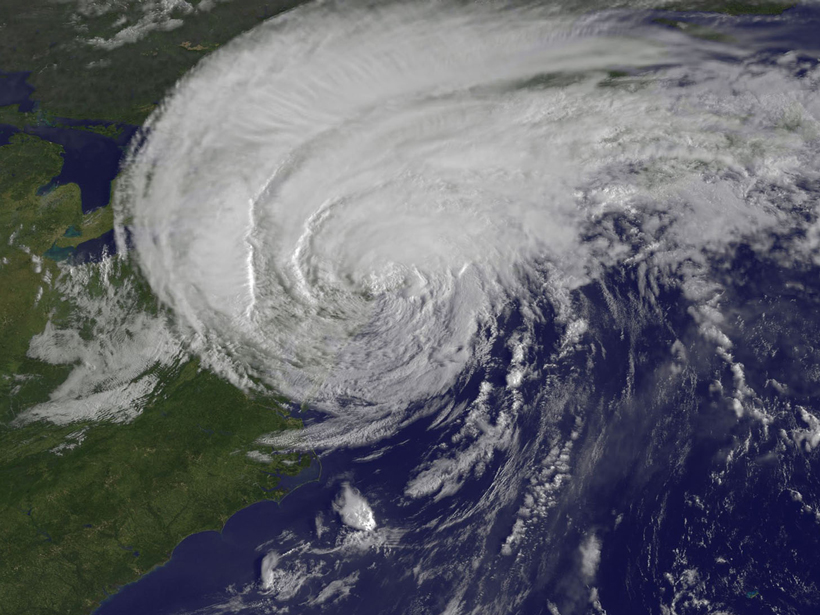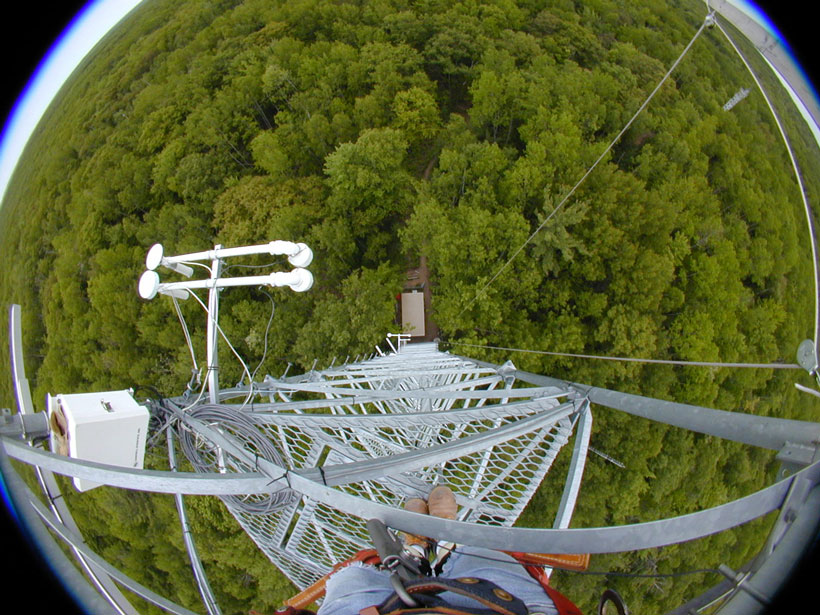Researchers look back in time to help understand our warmer future.
David Shultz
Posted inResearch Spotlights
Historic Hurricane Data Give a Warning for the Future
Sediment cores from a Massachusetts pond help suggest that as ocean temperatures rise, the occurrence of severe hurricanes along North America's Atlantic coast will increase.
Posted inResearch Spotlights
As Forests Age, Their Climate Effects Shift
The amount of moisture transpired from leaves increases for some tree species but drops on average.



